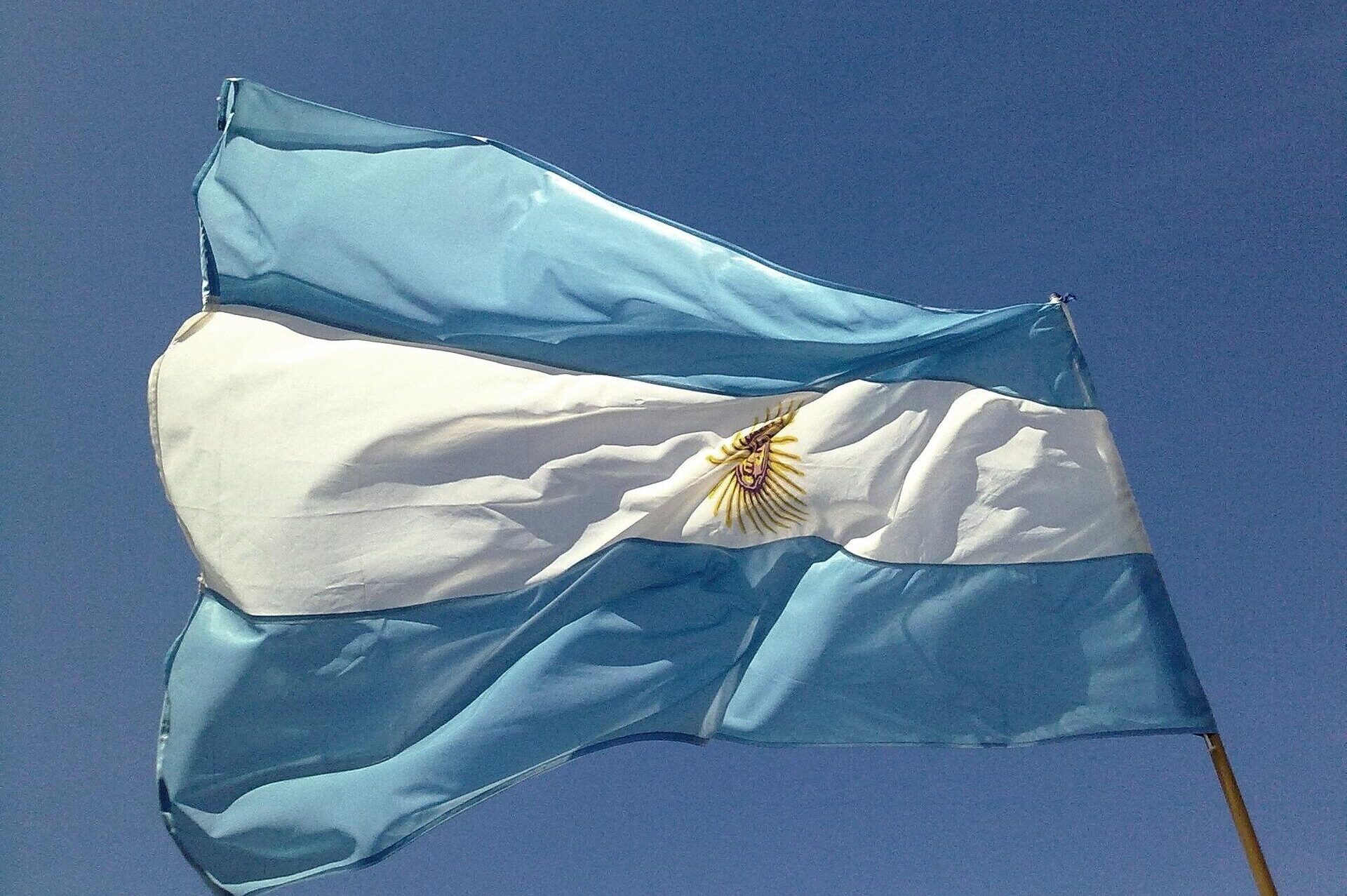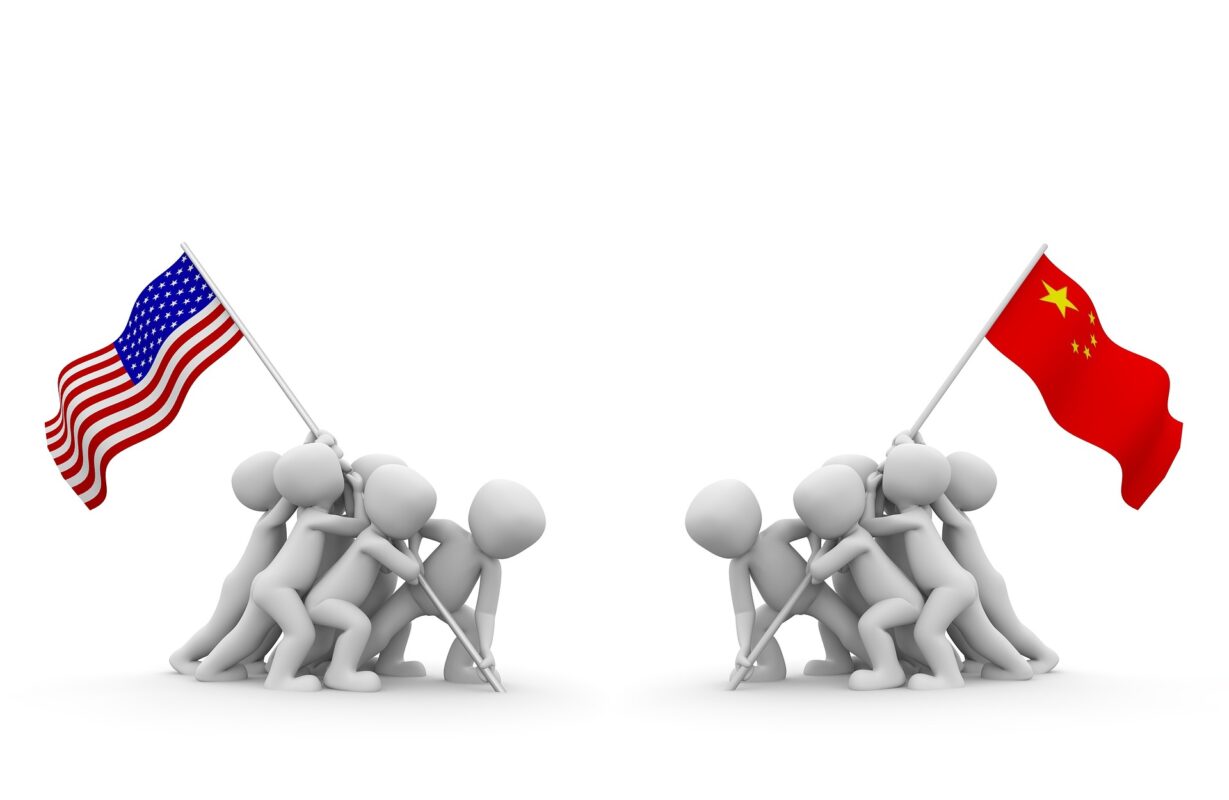
Blog
Kennedy and Argentine Health Minister Renew WHO Withdrawal Criticism

In a dramatic and controversial move, U.S. Health Secretary Robert F. Kennedy Jr. and Argentina’s Health Minister Mario Lugones issued a joint statement on May 27th, announcing both countries’ official withdrawal from the World Health Organization (WHO). The statement delivered harsh criticism of the WHO’s handling of the COVID-19 pandemic, highlighting what the officials described as “structural and operational flaws” that have eroded global trust.
The statement emphasized the need for a new model of international health cooperation—one that prioritizes scientific integrity, transparency, sovereignty, and accountability. Kennedy and Lugones portrayed the withdrawal not as isolationism, but rather as the beginning of a modern, principle-based approach to global health. This declaration comes amid growing political debates about the role and influence of international institutions, especially in light of recent health emergencies.
Argentina had already announced its intention to leave the WHO earlier this year, in February. Now with the U.S. reaffirming its decision—originally signaled under the Trump administration—the move has sparked intense global discussion about what the future of global health governance will look like.
What’s Behind the Exit?
Back in February, Argentina already announced it would leave the WHO. And if the U.S. move sounds familiar, that’s because it is—President Donald Trump made a similar call during his first term, accusing the WHO of being biased and politically influenced, especially by China.
Now, with Trump back in the White House and Kennedy Jr.—a longtime vaccine skeptic and outspoken critic of public health institutions—appointed to lead U.S. health policy, it seems the plan is back on track. And Argentina’s new libertarian president, Javier Milei, appears to be on the same page.
During Kennedy’s recent visit to Argentina, he and Lugones made it clear: their departure isn’t about stepping away from global health—it’s about creating something better.
But what does “better” look like?

Is the WHO Broken?
The WHO was created to help the world work together on health issues that cross borders—think pandemics, disease outbreaks, vaccine development. But critics say it’s grown too political, too bureaucratic, and too slow to act when it matters most.
During the early days of COVID-19, many felt the WHO hesitated to declare an emergency and didn’t challenge China hard enough over transparency. Whether fair or not, that perception stuck. And it’s one of the reasons Kennedy and Lugones say the organization has lost the world’s trust. Certainly, in hindsight, the selection of the WHO Director-General has faced criticism for being driven more by geopolitical maneuvering than by scientific qualifications. For example, when Tedros was elected in 2017, support from China and African nations played a key role, raising concerns in Western countries about excessive political influence.
In their joint statement, they argue that global health leadership needs to be independent, science-based, and free from political pressure. Sounds reasonable, right? But the real question is: how do you build that from scratch?

What Could Happen Next?
This withdrawal is more than just symbolic—it’s practical. The U.S. has historically been the biggest financial contributor to the WHO. Without that funding, the organization could struggle to support vaccine programs, emergency responses, and research initiatives around the world.
And with two countries pulling out, it may embolden others to consider doing the same.
So, are we heading for a fractured future in global health? Maybe.
One possibility is that the U.S. and Argentina will try to create a new organization or alliance—one that’s built from the ground up with the values they’re calling for: transparency, independence, and accountability. Alternatively, this move could be a strategic way to pressure the WHO into reform. In fact, reports suggest the U.S. might reconsider staying—if reforms are made, including potentially appointing an American Director-General.

Should We Be Worried?
If you believe the WHO is flawed beyond repair, then maybe this is the shake-up global health needs. But if you see international cooperation as more important than ever—especially after a pandemic that touched every corner of the globe—then this move might feel risky, even reckless.
Still, it’s clear the current system isn’t perfect. COVID-19 exposed major cracks, and not just in the WHO. Many national health systems, supply chains, and international partnerships showed they weren’t prepared for a crisis of that scale.
So apparently, we do need a more modern, agile, and accountable global health system. The challenge is building it—without leaving the world more divided than before.

Final Thoughts
If the withdrawal becomes a reality, it could further destabilize the supply of medical resources and vaccines to low-income countries, while also undermining the trust of other Western and donor nations. In fact, reductions in USAID funding have already led to shortages in critical support programs in some regions.
Dismantling an organization that has become overly politicized is not necessarily a bad thing. However, the fact remains that such moves can result in serious gaps in global support. That’s why, as a matter of social responsibility, it’s essential for countries like the U.S. to clearly outline what alternative systems or strategies will be put in place to fill that void.
